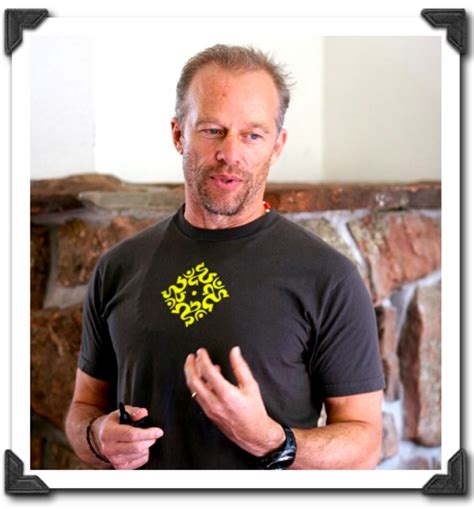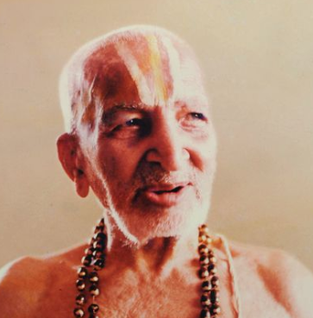A Quote by Neville Goddard
Man must learn to believe in that which he does not, at the moment, see in order to grant himself that which he desires to have. Man's prayers are always answered, for he always receives that which he believes. The law that governs prayer is impersonal. Belief is the condition necessary to realize the desire. No amount of pleas or ritual will bring about the fulfillment of your desires other than the belief that you are or have that which you want.
Related Quotes
It is not true that a man can believe or disbelieve what he will. But it is certain that an active desire to find any proposition true will unconsciously tend to that result by dismissing importunate suggestions which run counter to the belief, and welcoming those which favor it. The psychological law, that we only see what interests us, and only assimilate what is adapted to our condition, causes the mind to select its evidence.
THE FIRST STEP in changing the future is Desire, that is, define your objective - know definitely what you want. SECOND: construct an event which you believe you would encounter following the fulfillment of your desire - an event which implies fulfillment of your desire - something which will have the action of Self predominant.
The inward persuasion that we are free to do, or not to do a thing, is but a mere illusion. If we trace the true principle of our actions, we shall find, that they are always necessary consequences of our volitions and desires, which are never in our power. You think yourself free, because you do what you will; but are you free to will, or not to will; to desire, or not to desire? Are not your volitions and desires necessarily excited by objects or qualities totally independent of you?
It is not a slight thing, gentlemen, to force a man to say what he is, or what he believes himself to be; for that supreme word of man, that single expression which he utters of and upon himself is decisive. It lays down the basis upon which all judgment of him is to be formed. From that moment all the acts of his life must correspond to the answer given by him.
Disease is the misery of our belief, happiness is the health of our wisdom, so that man's happiness or misery depends on himself. Now, as our misery comes from our belief, and not from the thing believed, it is necessary to be on the watch, so as not to be deceived by false guides. Sensation contains no intelligence or belief, but is a mere disturbance of the matter, called agitation, which produces mind, and is ready to receive the seed of error. Ever since man was created, there has been an element called error which has been busy inventing answers for every sensation.
I discovered that it is necessary, absolutely necessary, to believe in nothing. That is, we have to believe in something which has no form and no color--something which exists before all forms and colors appear... No matter what god or doctrine you believe in, if you become attached to it, your belief will be based more or less on a self-centered idea.
As belief shrinks from the world, it is more necessary than ever that someone believe. Wild-eyed men in caves. Nuns in black. Monks who do not speak. We are left to believe. Fools, children. Those who have abandoned belief must still believe in us. They are sure they are right not to believe but they know belief must not fade completely. Hell is when no one believes.
Reason cannot desire for man any condition other than that in which not only every individual enjoys the most absolute, unbounded freedom to develop himself out of himself, in true individuality, but in which physical nature, as well, need receive no other shaping by human hands than that which is given to her voluntarily by each individual, according to the measure of his wants and his inclinations, restricted only by the limits of his energy and his rights.
They have their belief, these poor Tibet people, that Providence sends down always an Incarnation of Himself into every generation. At bottom some belief in a kind of Pope! At bottom still better, a belief that there is a Greatest Man; that he is discoverable; that, once discovered, we ought to treat him with an obedience which knows no bounds. This is the truth of Grand Lamaism; the "discoverability" is the only error here.
It is always a great honour to mention a truth which has not become widespread yet. One of these truths is that man has no soul; he has only 'body' and 'mind'. Man's unshakable belief on the soul will not change this scientific truth! No belief can be higher than the scientific truths! Man can be born, can walk and work and can think without owning a mysterious and an immaterial soul! The soullessness of the man is a great tragedy both for the man and for the religion. But Man, contrary to the religion, will come out with triumph from this tragedy.
Being able to recognize which of your desires are vital to pursue and which ones are not is often less than easy. This is precisely why the ancient sages counseled that we practice yoga. Their point was a very practical one: You are best able to discern which of your many desires should (and should not) be responded to when your mind is calm and tranquil.




































